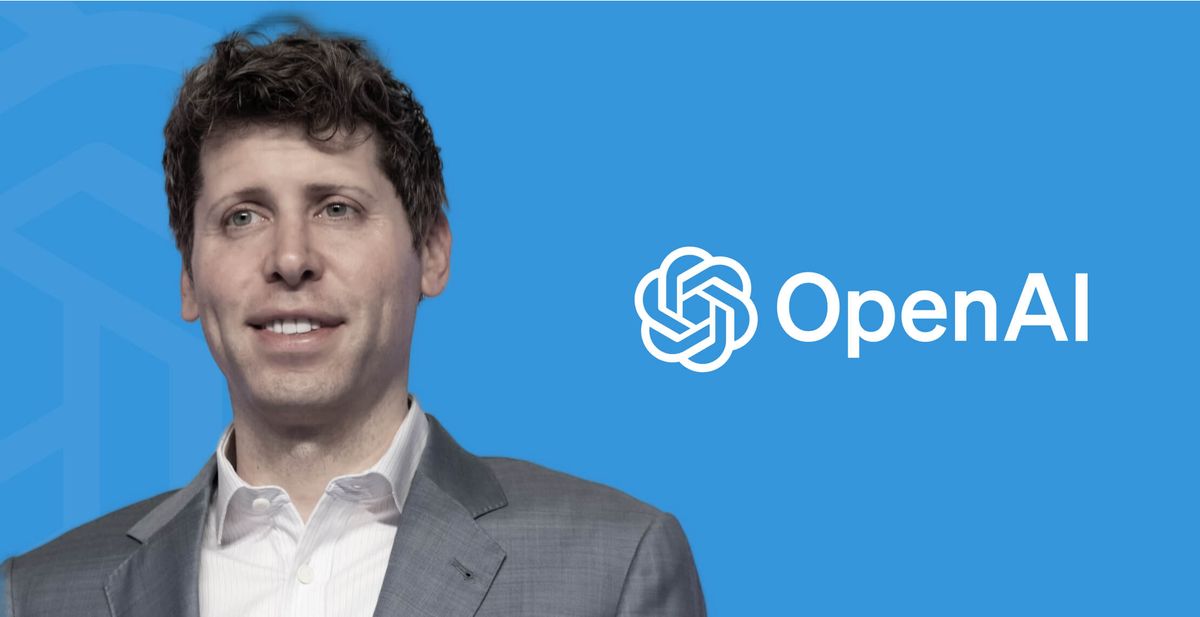
The fallout from OpenAI's controversial board decision on Friday to fire CEO Sam Altman has been swift, with backlash coming from investors and employees, plunging the organization into a deep leadership crisis. A memo sent over the weekend to staffers by Chief Strategy Officer Jason Kwon, and obtained by The Information, reveals executives are now scrambling to contain the damage and undo Altman's dismissal. Kwon wrote that OpenAI is "optimistic" it can bring back Altman and other key employees who resigned in protest of Altman's abrupt dismissal.
"We are still working towards a resolution and we remain optimistic," Kwon's memo stated. "By resolution, we mean bringing back Sam, Greg, Jakub [Pachocki], Szymon [Sidor], Aleksander [Madry] and other colleagues (sorry if I missed you!) and remaining the place where people who want to work on AGI research, safety, products and policy can do their best work."
The reinstallation of Altman would likely lead to significant changes in the board's composition, a move that seems to be supported by major investors such as Sequoia Capital and Tiger Global, and crucially, by Microsoft, which has significant technological and business interests intertwined with OpenAI's advancements.
To be clear, Khosla Ventures wants @sama back at @OpenAI but will back him in whatever he does next
— Vinod Khosla (@vkhosla) November 19, 2023
The memo signals OpenAI's executives are pushing for Altman's return in hopes of salvaging employee morale and preserving its massive $86 billion valuation amid the turmoil caused by Altman's firing.
The ramifications of Altman's departure and the subsequent leadership crisis are not limited to internal communications. Yesterday, dozens of people, including some senior OpenAI employees, were seen visiting Altman at his San Francisco home. One of the visitors appeared to be Anna Mankanju, head of global affairs at OpenAI. While the specifics of these discussions are not public, the meetings underscore the active engagement and concern within OpenAI's ranks regarding the company's future direction.
Additionally, on social media many employees, including Interim CEO Mira Murati, showed solidarity with Altman by responding with heart emojis. This gesture of solidarity reflects a broader sentiment within the company, emphasizing the significance of Altman's leadership and vision to the OpenAI community.
🩵
— Mira Murati (@miramurati) November 19, 2023
Kwon acknowledged the crisis of confidence in his memo, writing: "A ton of people have worked incredibly hard and sacrificed much to make OpenAI what it is. This has never been more clear than in the last 48 hours, seeing all the ways in which the people who work here have done what they could to save the company — from passing along messages, supporting each other, coming in to work over the weekend and yes — even leaving in protest to send a message. Let’s make sure it lasts."
The whiplash-inducing series of events at OpenAI this weekend, marked by executive memos, investor pushbacks, high-profile meetings, and public shows of employee solidarity is highly abnormal. While there is some precedent for a leadership reversal, such as Steve Jobs returning to Apple, the speed at which this is happening at OpenAI is extremely rare.
If nothing else, this saga has exposed underlying tensions within OpenAI and the AI industry as a whole around governance, innovation, and ethical responsibilities. The deep rifts inside the company that led to this crisis will still need to be addressed for OpenAI to move forward. For now, OpenAI executives are singularly focused on stopping the organizational chaos triggered by the board's controversial decision to abruptly fire Altman.

